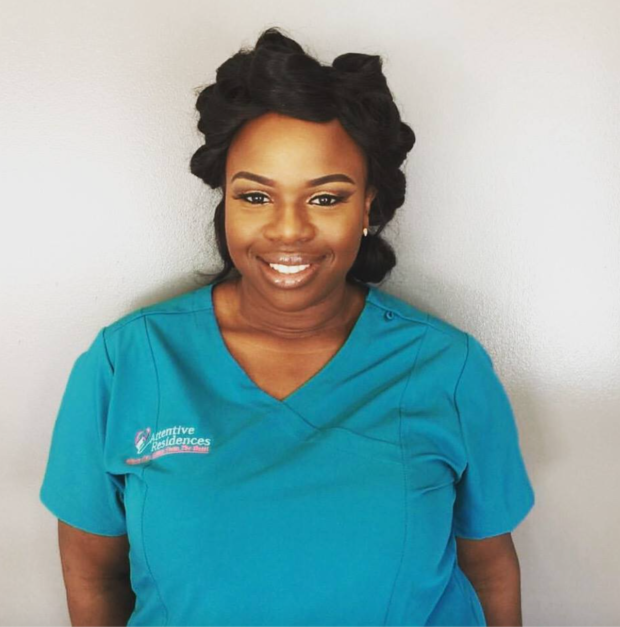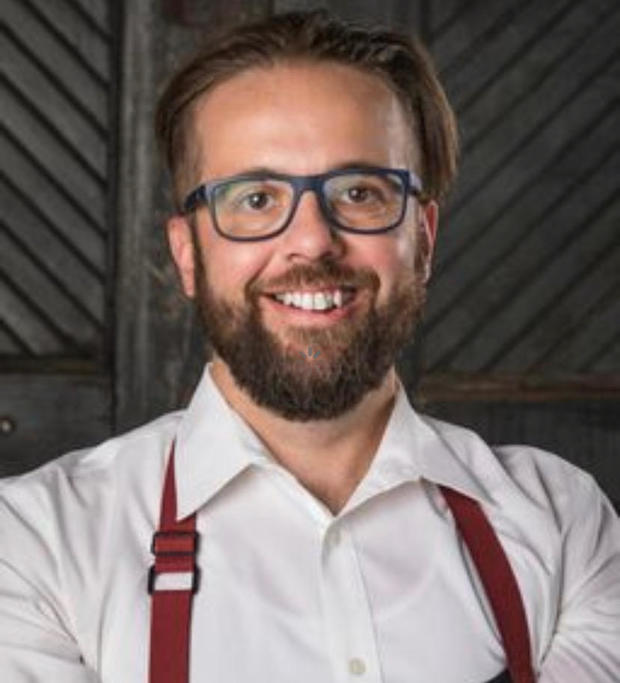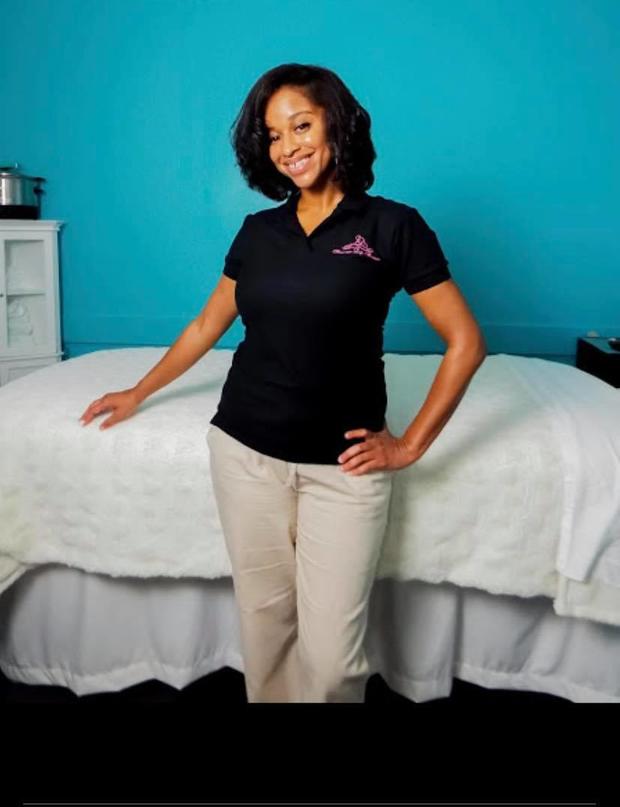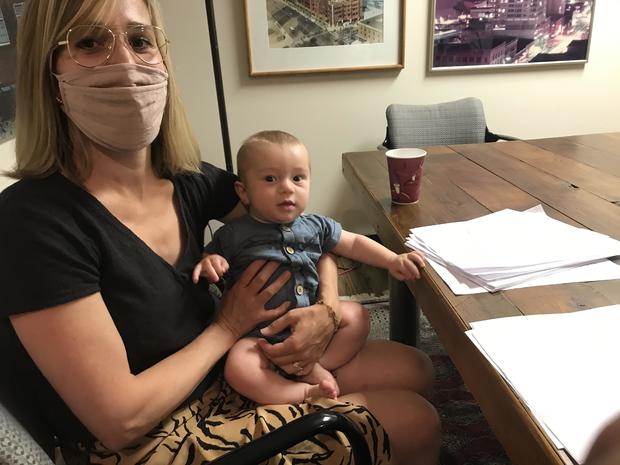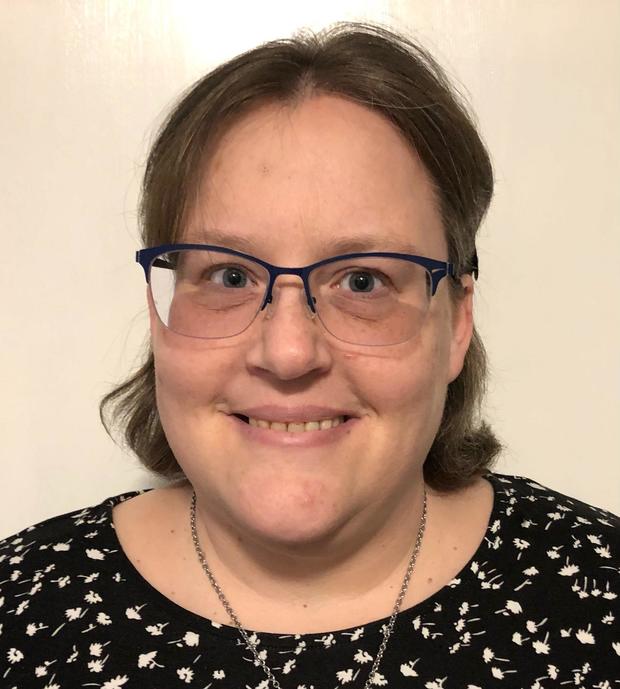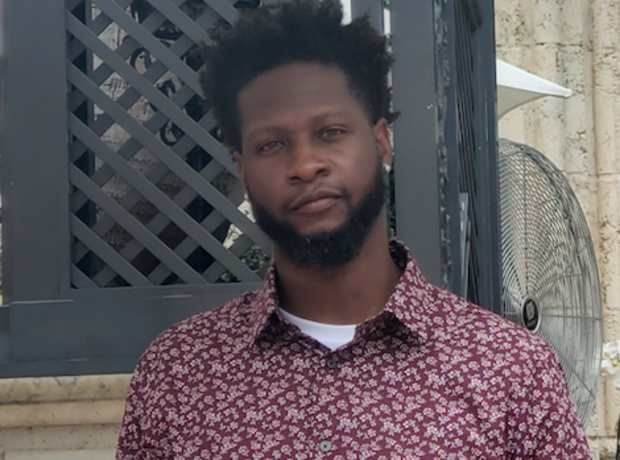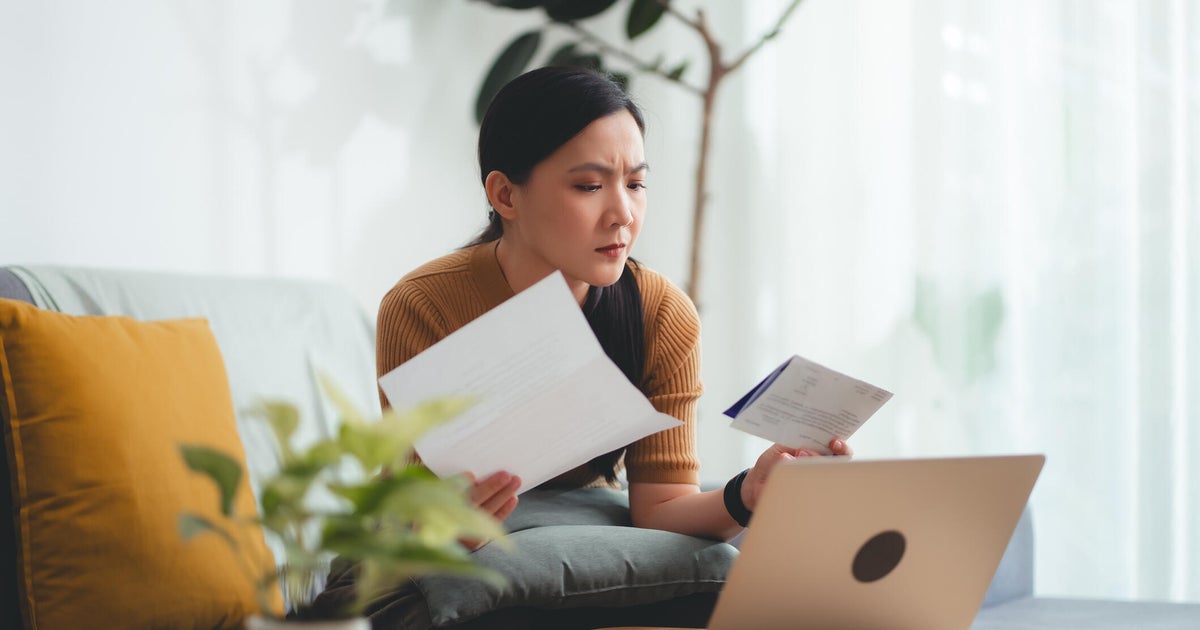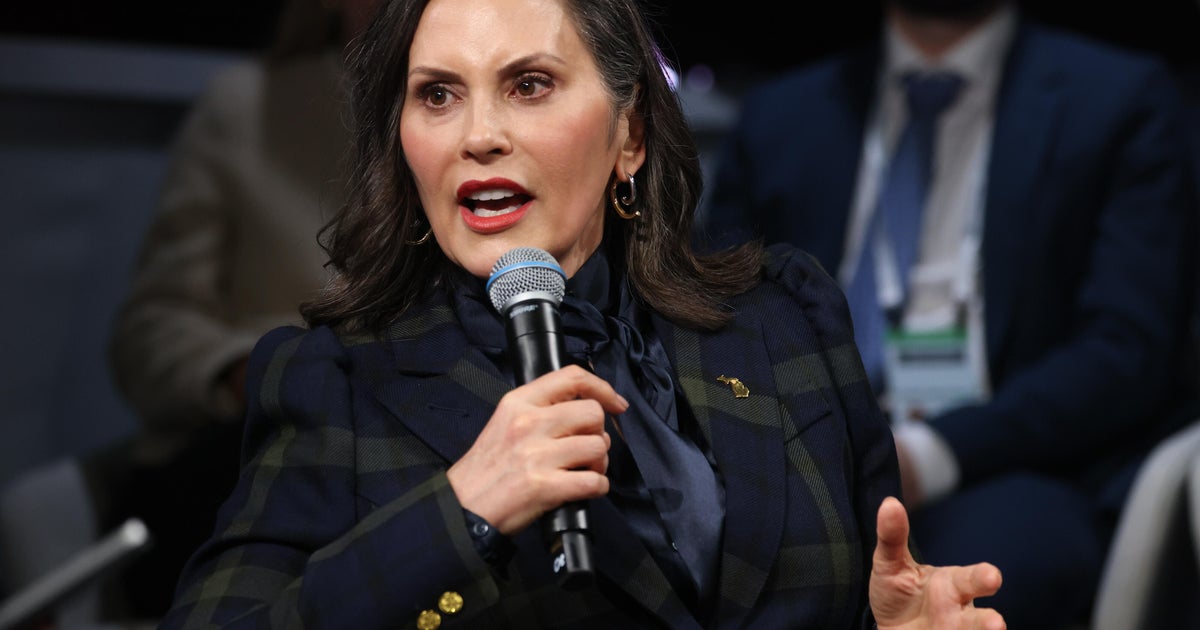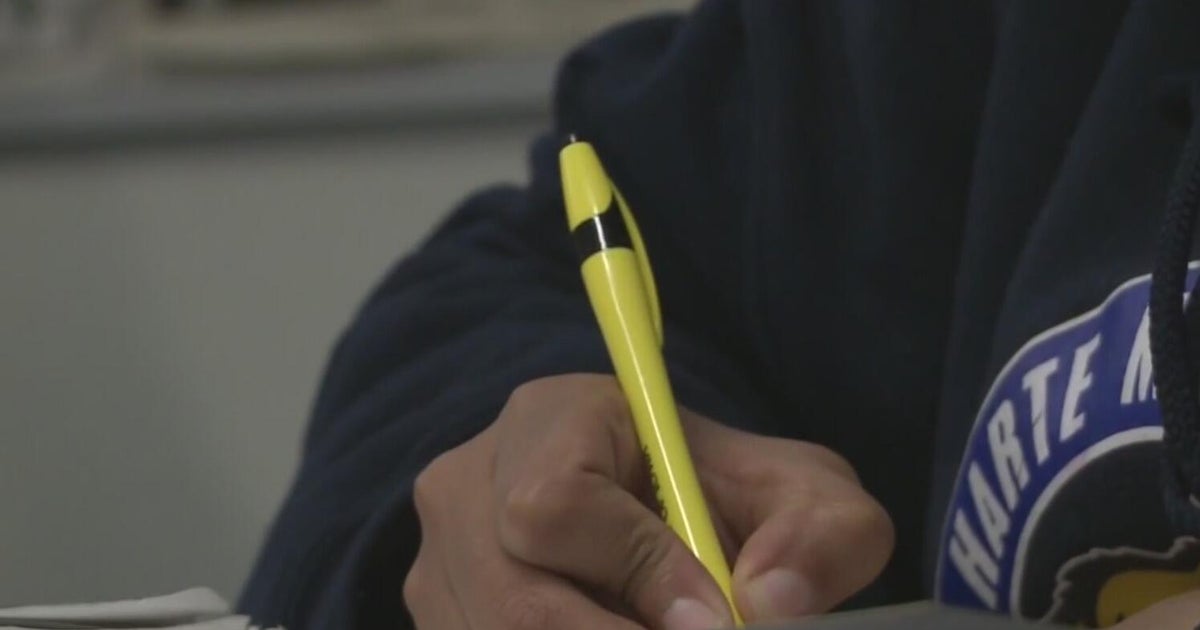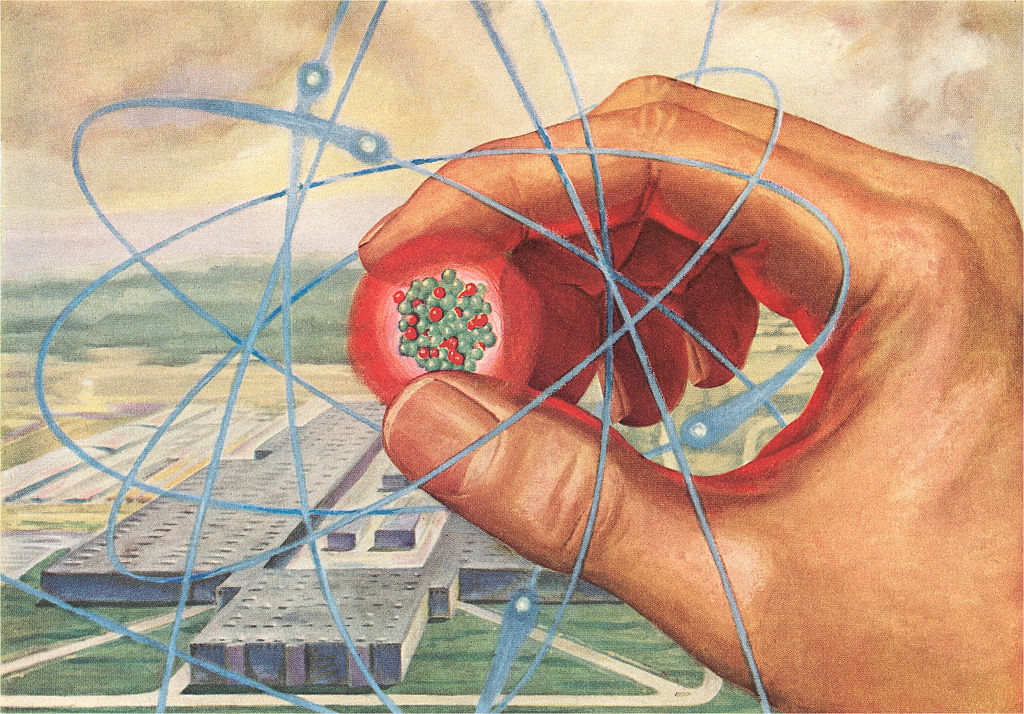Americans are scared and weary as COVID-19 cases soar. They're also resilient.
It can be hard to give thanks in a thankless year. As the festive season approaches, the coronavirus has spread from coast to coast and is killing more than 1,500 people every day. The U.S. economy, battered by lockdowns and layoffs, struggles for breath. A political system once seen as a model of stability now limps toward a change of leadership in Washington, D.C. — and more partisan warfare.
As health and political crises overlap with economic challenges, Americans are understandably frightened. Despite months of talks, Congress has yet to deliver a second round of government relief that economists say is needed to keep the recovery on track. Millions are set to lose their unemployment benefits the day after Christmas, while small businesses facing new COVID-19 restrictions try to hang on.
CBS MoneyWatch spoke to workers and small-business owners about their greatest concerns as the coronavirus enters an even more dangerous phase and government assistance ebbs. Interviews have been edited for clarity and length.
Sheena Bumpas
Sheena Bumpas, 38, is a certified nursing assistant at Wilkins Health and Rehab in Duncan, Oklahoma. She said the facility, where she cares for people suffering from dementia, is well-run. Yet the fear of spreading COVID-19 to her patients or her three children is never far from her mind, Bumpas told CBS MoneyWatch.
When cases started rising in places around us again, that's when the fear set in. We're scared to go to work because we work around the most vulnerable, and if you infect one person in the facility it can spread like wildfire. And when you leave at the end of the day to pick up your kids and give them a hug it's popping up again. I think, "Am I going to give this to my child?"
Now that there is this new wave about to hit, it's scary. But we are also so overwhelmed and exhausted. All of that is pushing the fear back just a little because you have so many emotions going on at one time. By the time you get to work every day, you're like, 'Is this the day everything is going to change?'
We see our patients' basic simple needs — walking by someone and patting them on the head or giving them a hug or sitting beside them on the couch — being taken away. My people can't hug, can't eat together, can't sit together and play bingo.
We actually have enough PPE — we already had a good stockpile. I always said our boss was a hoarder and now that has come in handy. We get fresh masks everyday. But a third wave is coming, so we are still stocking up.
I work with dementia patients and my memory-care people don't understand visitations because they don't get why people are sitting there in full PPE.
I started this thing where we communicate through letters. Back in their day, that is how they communicated. We take pictures of them and send them to their family members. Their family members take pictures and send them to the residents. We are just racking our brains trying to think of stuff, trying to make it so the depression is not so bad.
If I could get people to understand one thing, it's how hard we are working and how much we are fighting the loneliness and the depression in the residents. It's hard. We are fighting it in ourselves and we are fighting it in them.
Right now, I can't even think about COVID and my kids. My seven-year-old has an immune deficiency disorder, so I don't even go there. I just shut down when that thought comes up.
I am already drained and overwhelmed. I try to mentally prepare myself every night before I go to sleep. I say, 'Let's do this.' Just in case when I go in tomorrow and tomorrow is the day.
Terrika Walker
Terrika Walker, 33, is a nurse at Tulane University Hospital in Louisiana and the owner of an assisted care facility that she runs out of her New Orleans home. Walker was denied a Paycheck Protection Program (PPP) loan for small businesses in June, forcing her to lay off five employees.
What really concerns me is that the cases are rising, but there are no resources for small businesses. Because the cases are rising, we're the ones who have to pay for sanitizing. It's something that keeps me up at night because I wonder if they will reopen the PPP for small businesses.
When you have a residential care facility, most of your people come from a hospital. That means everything has to be spaced out and sanitized to state expectations. My group home is open, but we're not back at capacity. I can't even accept 10 people right now because it would be considered a cluster. All my rooms are already six-to-eight feet apart, but in the dining room, when it's time to eat, I can only feed three people at a time.
If they do another shutdown, it would definitely affect my business. I'm a front-line worker so I'm getting pulled away from my company. I would go from spending eight hours a day at the hospital to 14 or 16.
I'm scared. If I lose the people I have, then I have nothing. When you take care of people, they basically become family. They depend on me to take care of them and vice versa — I depend on them to keep me thriving.
Dan Jacobs
Dan Jacobs, 42, owns DanDan and EsterEv restaurants in Milwaukee, Wisconsin, where COVID-19 rates are alarmingly high. Jacobs remains open for indoor dining, but business is bad. He has monthly financial obligations, including paying his employees. He says he wishes the government would shut him down so he could ask for discounts on rent and other expenses.
We're seeing the positivity rate in the city of Milwaukee at over 20% yet there is no real government mandate as to what to do. It makes you feel like the government is doing this because they don't want to look like the ones who made businesses close. It's terrifying and it's unfair.
It's frustrating because I can't go to my creditors — my food purveyors, my landlord, my utilities — and ask for new terms based on us being shut down because there is no shutdown. It puts us in a horrible place.
We're open for indoor dining, but we've seen a huge decrease in customers. Even though there is no shutdown mandate, people are staying home, which I think is the right move. We used to seat 300 to 380 people on Friday or Saturday. We did 50 people last Saturday. That's 85% less than what we would have done normally.
Luckily, we have a robust to-go business. Our employees want to work and that is the most important thing. We're able to keep floating. At this rate, without any other federal aid, we can probably go through until next summer, but it's going to be super shaky and will mean having really difficult conversations with staff and reducing pay and laying people off.
Tracey Grey
Tracey Grey, 34, is a massage therapist and small-business owner in Charlotte, North Carolina. She was forced to temporarily close her massage studio, called Massage Life Studios, in March under state orders. She applied for a $10,000 Paycheck Protection Program loan to help keep her business afloat, but was denied.
I survived COVID-19 shutting me down for two months. I was very blessed to do this without any assistance, but another shutdown would be really devastating to me. I'm not really sure how I would survive that. But I am a survivor and a true hustler.
It feels like water is continuing to rise around me, like I got in my boat and I'm paddling, but it's like now the waters are rising and my boat ... has a hole in it.
Every time our governor goes live, I try to catch it. I just watched him say that we're not going to go back to Phase II, but they're going to pause Phase III. And that's stressful, to say the least.
The funniest thing is that I'm in an industry that relieves stress and I've been nothing but stressed out for nearly a year. Since March, my stress level has completely increased. I'm in a situation where every day, every time he goes live, I feel like I'm going to have a panic attack.
My savings are depleted. If 10 of my clients cancel their membership, right now, I'm done. When I say I'm literally just making it, I am literally just making it. I'm one paycheck away and that's not even an exaggeration.
Audrey Hoyt
Audrey Hoyt, 33, is the co-founder and chief financial officer of The Pioneer Collective, a co-working company with multiple locations in and around Seattle, Washington. She and her husband started the company in 2014 in order to better balance work and parenthood. But with infections surging in the state, she's not sure how long she can continue to make payroll.
Rising case numbers concern me because it directly affects my business. It makes people apprehensive about using our spaces and makes us more cognizant of health concerns and making sure we aren't putting people at risk.
After the first wave, we saw a lot of demand pick back up because the fatigue of being at home all the time was setting in. People wanted to come back in and were reserving offices. Now, with cases rising, people don't feel comfortable being exposed to others. We see that current members have more trepidation about using the space, so they'll pause their memberships.
It's really hard to plan, cash flow-wise, right now. We're doing everything we can to keep our employees on board and keep them at their salaries. I don't know how long we can sustain that if we're shutting back down and staying shut down, because that squashes any profit we're making.
Our local government has made some effort to help small businesses, but I don't foresee that happening now that this is the second time around. My biggest concern is not having relief to keep our employees on board and rent relief and being able to cover lease payments.
What's disappointing is that my husband and I gave up healthy corporate jobs and careers to start a business because we wanted to do something meaningful and provide something to our community. But what's happened during the pandemic is affecting small businesses so much more. If we were still in those corporate roles our financial situation would be much more comfortable and not so uncertain.
Rebecca McDonald
Rebecca McDonald, 46, is a social services coordinator working with disabled people in Athens, Georgia. In July, she was laid off from her job with the state of Georgia; in September she started a new job that pays less. Before she was eligible for health insurance, she contracted COVID-19.
I worked for the state of Georgia for the department of behavioral health and developmental disabilities. I was with them for three and a half years. Then, at the end of June, I got the call. And I said "Oh my god, my health insurance. I'm going to die." I spent the day looking for Obamacare. I stockpiled on medication.
For those three weeks when I didn't have a job, I was freaking out. Where I live, there's no work here. There's a granite company across the street. I was just sending out resumes — I had a couple interviews for chasing people down for child support, which is the last thing I want to do.
The place I'm with now is a private support agency — they work with Medicaid. It meant a cut in salary, benefits, no pension, a huge cut in all of that, but it enabled me to stay safe from COVID — I thought.
My daughter brought it home, unfortunately. She works in a restaurant. She also goes to the University of Georgia full time and she got sick within two weeks of the university opening.
The first symptom I had was my lungs were hurting. I wasn't wheezing, it was just painful. I take steroids for asthma, so I started Prednisone, and I think that helped me tremendously. I had fever, exhaustion, everything they talk about. I couldn't eat. It's a weird disease. I should be dead, according to statistics, and I'm not. So that's something to be happy about.
With my new job, the salary itself was lower by $2,000 or $3,000. And mileage isn't reimbursed, so that's going to be at least $400-, in take-home, less a month. The insurance isn't as great — higher deductibles, higher cost and no pension. It'll end up being $5,000 to $6,000 less per year than I was making before, but it's better than zero.
I've been in this field since I was in grad school, so 20 years. It doesn't pay at all. I've never made more than $40,000 in my life, and I have a master's degree, but it's very rewarding. I'm blessed. I'll make it work. You have to make it work.
Y'Kheyo Underwood
Y'Kheyo Underwood, 40, is the owner of Marietta's Good Look Barber Shop in Marietta, Georgia. He received a $10,000 Paycheck Protection Program loan for small businesses and is now hoping that lawmakers will approve another round of federal aid.
Things are moving in a positive direction with the shop. It's up and down, but more up than down. We're still not where we used to be — nowhere near — but I did receive the PPP, so that helped out a lot. It kept us afloat, so I didn't have to defer the rent. I didn't want to put myself in a hole.
The $10,000 is gone already. It went in the first couple of months on all the supplies to comply with COVID-19 regulations — the gloves, masks, sanitizers. We had to pay for quite a bit, and the cost of everything was going up. I had to buy in bulk and was overcharged on items just to abide by the regulations. The rent is $3,500, and with common-area maintenance, that's 70% of that $10,000 right there.
We've been waiting on another PPP. Democrats and Republicans have been going back and forth. It's definitely needed. But I'm planning as if it won't come through, and I've cut back. I got a new point-of-sales system that is cheaper, and I used to have a shampoo technician and a receptionist. But I cut back to one girl per day and not even eight hours, so half the day. I cut back to prepare myself.
We're appointment only, with walk-ins here and there, but it hasn't been a full house. People are still paranoid and not getting haircuts as much as they used to. It's optional if clients want to wear masks, and it's usually every other seat, so they are about six feet apart anyways.
Of course between a barber and client, that distance is very short. All we can do is wear gloves, and all barbers are wearing masks. If I have my mask on, I feel I'm protected enough to do what I have to do. I'm trying to keep a positive attitude.

